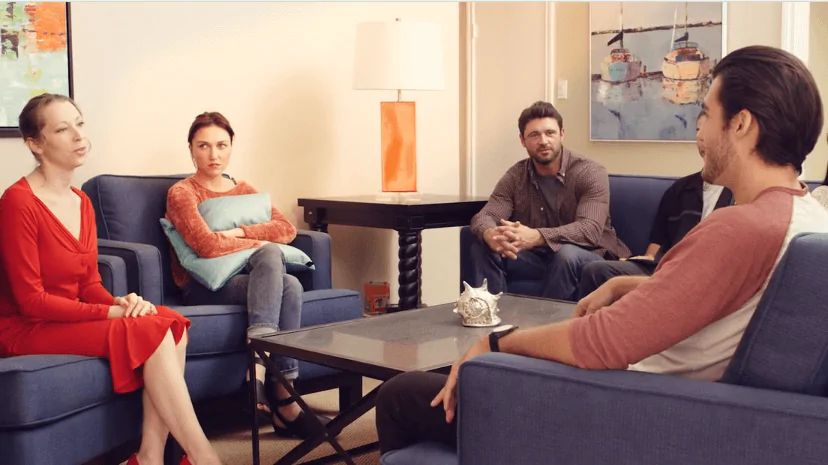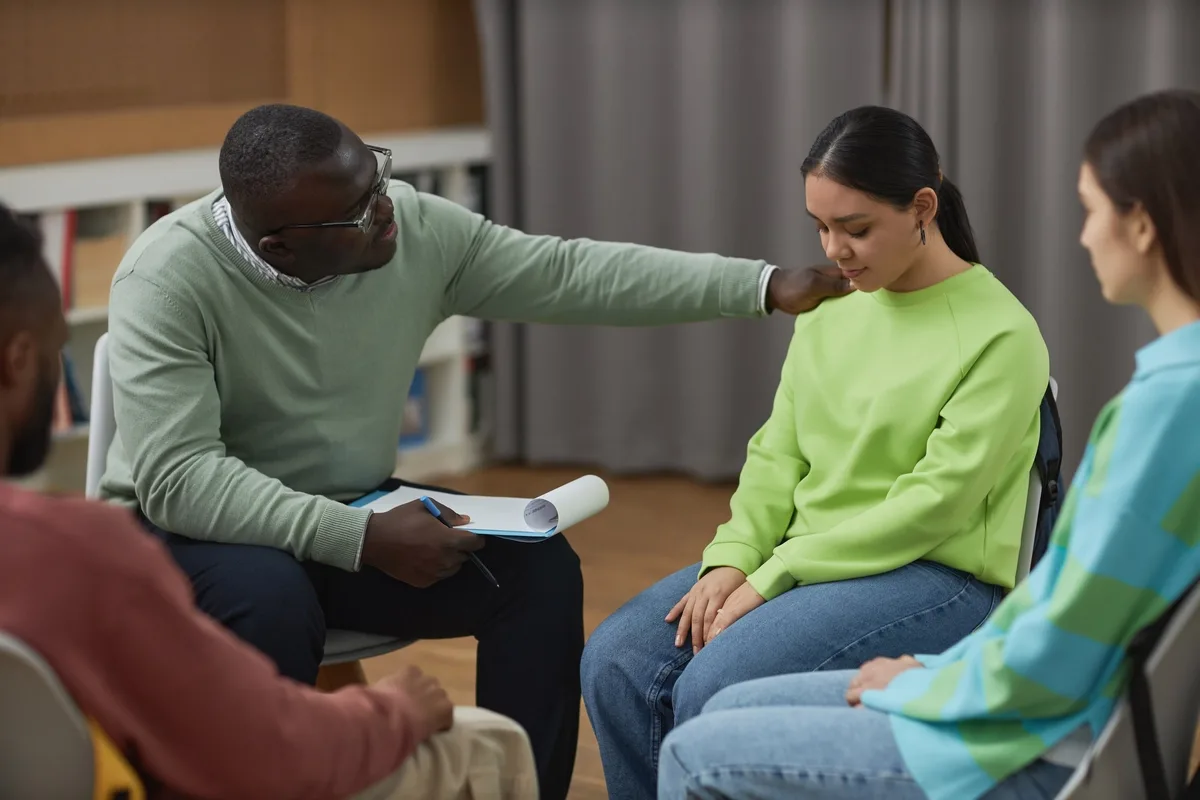24/7 Helpline:
(866) 899-221924/7 Helpline:
(866) 899-2219
Other Insurance Options

Multiplan

AllWell

Magellan Health

Humana

MHNNet Behavioral Health

Medical Mutual of Ohio

Carleon

Self-pay options

MVP Healthcare

Ceridian

Holman Group

BHS | Behavioral Health Systems

Kaiser Permanente

ComPsych

United Health Care

BlueShield

Premera

Group Health Incorporated

Covered California

Evernorth

Keweenaw Bay Indian Community – New Day Treatment Center
Keweenaw Bay Indian Community – New Day Treatment Center is a public rehab located in Lanse, Michiga...















Keweenaw Bay Indian Community Substance Abuse Programs – KBICSAP
Keweenaw Bay Indian Community Substance Abuse Programs (KBICSAP) is a state licensed facility that o...

Copper Country Community Mental Health Services
Copper Country Community Mental Health Services is located in L'anse, Michigan. Copper Country Commu...















